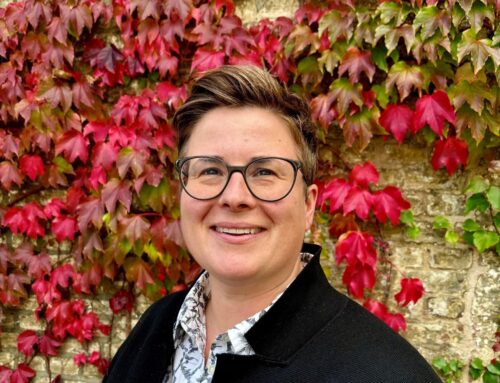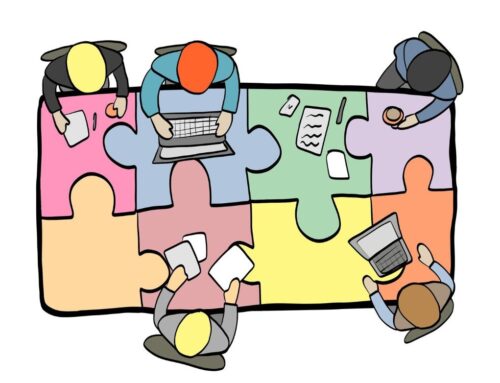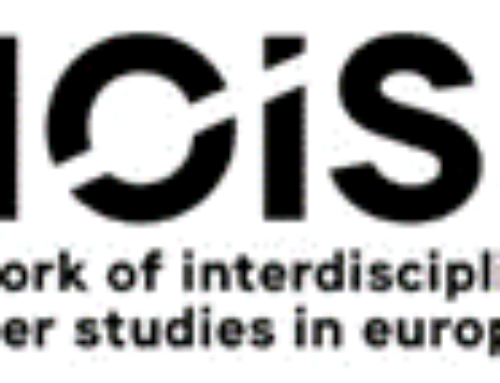The Personalized Is Political: Feminist and Anti-Colonial Perspectives on Big Tech
Dates: 24 April, 1 and 8 May 2024 (15:30-18:00 hrs)
Location: Utrecht University
Instructor: Niels Niessen
Credits: 2 ECTS
Registration: via NICA website
This core course is organized by NICA and NOG
This 3-session seminar offers a feminist and anti-colonial critique of how tech platforms like Google and Instagram affect our personal and collective lives. When critiquing Big Tech, it is important to acknowledge that for many people social media platforms are places of consciousness building and activism. It also feels safe to say that movements like MeToo and Black Lives Matter would not have happened the way they did without Instagram and Twitter (now X). Yet while these platforms help liberate love and life in some respects, they also facilitate hate and misinformation. In that sense, these media are not so “social.” Ultimately, Big Tech’s platform infrastructures are not designed for emancipation, but to maximize user engagement. And to have users consent to data-colonial terms to which it is difficult—if not impossible—to say “no.” Questions we will address include: How do platforms create and address people as users? How does the term “colonialism” apply to the practices of companies like Google, Meta, and OpenAI? How do these companies’ algorithms perpetuate existing biases in society, including sexism and racism? And what are the possibilities for us, user subjects, to resist these companies, and to liberate ourselves from their personalized streams?
In asking this question of resistance, the seminar takes inspiration from the turn-of-the-1970s rallying cry that “the personal is political.” Through this slogan, second-wave feminism fought the idea that politics is something that is restricted to the public sphere. Instead, so this movement argued, all and everything is political, also what happens in the private sphere, or what happens in and to people’s bodies and minds. How does this realization still hold true in our platform society, in which the private and public increasingly blur into a personalized data-driven stream? And how do contemporary discourses around consent (in the context of sexuality and sexual violence) translate to the digital sphere, in which platforms compel us to say “yes” to conditions that invade our personal integrity, the very space of self from which we consent and express ourselves as willful subjects?
The seminar is organized in three sessions, respectively titled Homework, Consent, and Conversation. During these sessions we will discuss texts by Carol Hanisch (author of the 1969 essay “The Personal Is Political”), Sara Ahmed (Living a Feminist Life), Amia Srinivasan (“The Right to Sex”), Achille Mbembe (Critique of Black Reason), Nick Couldry and Ulises Mejias (on data colonialism), and Gilles Deleuze (on dividual life in a control society), among others. The seminar will take the form of a facilitated conversation, in which we close-read passages, discuss examples and personal experiences of online platforms, and together learn about how Big Tech affects our personal and collective lives.
For questions, email Niels Niessen at n.niessen@tilburguniversity.edu






